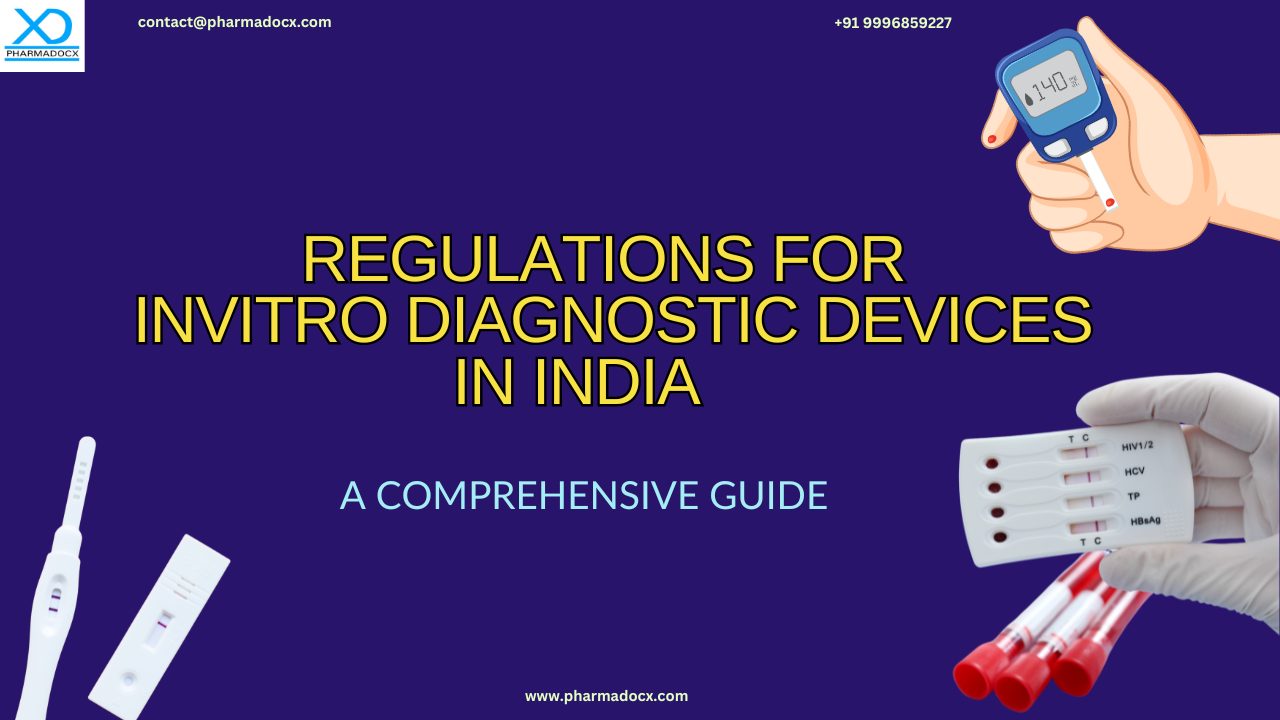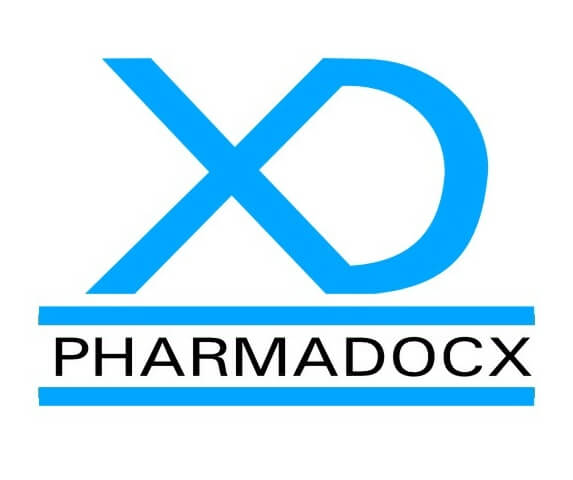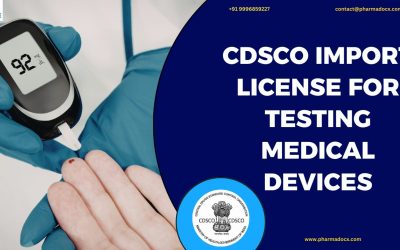In this blog, we have presented the CDSCO regulations for invitro diagnostic devices in India.
What are IVDs or In-Vitro Diagnostic Devices?
In vitro diagnostics or IVDs are tests that are used to detect infections, diseases, and health conditions. The term ‘in vitro’ means ‘in glass’. Thus, these tests are usually performed in test tubes and similar equipment outside the body. In vitro diagnostic devices are basically the kits, instruments, reagents, and systems to be used for diagnosing diseases and health conditions. The devices are used to collect and examine specimens obtained from the human body. Moreover, IVDs are used to determine the current state of health to understand the course of treatment required.
In vitro diagnostic tests can be performed using various instruments from small handheld devices to complex laboratory equipment. These tests can be performed at the patient’s homes, laboratories, or health care facilities. Moreover, IVD devices are used for testing patients in the primary health care facilities where labs are not available. Given the role of IVDs in patient diagnosis, stringent regulations for invitro diagnostic devices are required for patient safety.
CDSCO regulations for invitro diagnostic devices
Previously, there were no regulations for IVDs or guidelines for registration of IVDs in India. However, IVD regulatory guidelines under the purview of Drug and Cosmetic Act 1940 & Rules of 1945 have been introduced now. Approximately, 250 IVDs are regulated in India.
The Central Drugs Standard Control Organisation (CDSCO) regulates the import, manufacture, and sale of IVDs in India. CDSCO regulations for invitro diagnostic devices provide guidelines for IVD manufacturers/importers to ensure their devices are safe and effective. Compliance with Indian IVD regulations is mandatory to register your product in India.
CDSCO is aimed at enforcing these regulations to monitor the quality, efficacy, and safety of IVDs. Additionally, it takes required corrective measures in case of any non-compliance.
CDSCO classification for IVDs
CDSCO has categorised IVDs into 4 classes for ease of IVD CDSCO registration and license application process. Medical Device Rules, 2017, has laid down the risk-based classification system for IVDs.
- Class A IVD devices: These are low risk devices. Reagents and solutions used for laboratory testing are categorised as Class A IVD devices.
- Class B IVD devices: These are moderate risk devices. Blood glucose test strips, pregnancy test kits, and urine analysis test strips are classified as Class B IVD devices.
- Class C IVD devices: These are high risk devices. Hepatitis testing kits, HIV testing kits, and cancer diagnostic kits are classified as Class C IVD devices.
- Class D IVD devices: These devices have the highest risk. Companion diagnostics, genetic testing kits, and some laboratory-developed tests are classified as Class D IVD devices.
CDSCO invitro diagnostic device regulations and requirements
IVD manufacturers and importers in India are required to comply with various regulations and guidelines issued by the CDSCO. Medical Device Rules and Good Manufacturing Practices are some of the major regulatory frameworks providing guidelines for IVDs in India. Companies intending to manufacture and sell IVDs in India have to secure the IVD manufacturing license from the CDSCO. Additionally, companies intending to import IVDs into India have to secure the IVD import license from the CDSCO. Different CDSCO classes of IVD devices require different types of licenses. We will discuss the different license requirement for different CDSCO IVD classes in the subsequent section.
The CDSCO officials conduct manufacturing site inspections and audits to evaluate regulatory compliance. Notably, compliance with various CDSCO requirements for technical documentation as well as clinical performance evaluation and data recording is mandatory. Additionally, there are guidelines for labelling IVDs and adverse event reporting. Furthermore, it is mandatory to abide by the post-market surveillance regulations.
CDSCO IVD license and application forms
PerCDSCO regulations for invitro diagnostic devices, different application forms and licenses are required for different CDSCO IVD classes.
Class A and B IVD devices
- Manufacturing license: The applicant will have to use MD 3 to apply for a license to manufacture, sell, and distribute Class A and B IVD devices in India. The license to manufacture Class A and B IVD devices for sale and distribution in India will be granted under MD 5.
- Loan license: A loan license permits a company without a manufacturing facility to manufacture IVDs. With the loan license, the company can use the manufacturing facility of another company that is manufacturing the particular product. The applicant will have to use MD 4 to apply for a loan license for Class A and B IVD devices. The loan license to manufacture Class A and B IVDs without a manufacturing facility will be granted under MD 6.
- Import license: The application for importing Class A and B IVDs into India is filed under MD 14. The license to import Class A and B IVDs into India for sale and distribution is granted under MD-15.
- License to conduct clinical performance evaluation: The importer will have to apply for the permit to conduct clinical performance evaluation under MD 24. The clinical performance evaluation license for Class A and B IVDs will be granted under MD 25.
- Clinical investigation permit: The manufacturer will have to apply for the permit to conduct clinical investigation under MD-22. The clinical investigation permit for Class A and B IVDs will be granted under MD 23.
Class C and D IVD devices
- Manufacturing license: The applicant will have to use MD 7 to apply for a license to manufacture, sell, and distribute Class C and D IVD devices in India. The license to manufacture Class C and D IVD devices for sale and distribution in India will be granted under MD 9.
- Loan license: A loan license permits a company without a factory and facility to manufacture IVDs. With the loan license, the company can use the manufacturing facility of another company that is manufacturing the same IVD. The applicant will have to use MD 8 to apply for a loan license for Class C and D IVD devices. Loan license to manufacture Class C and D IVDs without a facility and factory will be granted under MD 10.
- Import license: The application for importing Class C and D IVDs into India is filed under MD 14. The license to import Class C and D IVDs into India for sale and distribution is granted under MD-15.
- License to conduct clinical performance evaluation: The importer will have to apply for the permit to conduct clinical performance evaluation under MD 24. The clinical performance evaluation license for Class C and D IVDs will be granted under MD 25.
- Clinical investigation permit: The manufacturer will have to apply for the permit to conduct clinical investigation under MD-22. The clinical investigation permit for Class C and D IVDs will be granted under MD 23.
Who is the licensing authority for IVDs in India?
PerCDSCO regulations for invitro diagnostic devices, different authorities have been provided the power to grant licenses for different CDSCO classes.
- Central Licensing Authority (CLA): CLA grants manufacturing license for Class C and D IVDs. Moreover, CLA grants test licences for the manufacture or import of all classes of devices. Furthermore, it grants import license for all classes of IVDs. Additionally, CLA grants permits for clinical performance evaluation and approves new devices.
- State Licensing Authorities (SLA): SLA grants manufacturing license for sale or distribution of Class A and B IVDs.
Necessary documents required for CDSCO IVD registration and licensing
- Cover Letter
- Application
- Fees challan
- Documents presenting company details
- Site ownership/Rent agreement deed
- Plant master file
- Device master file
- Performance evaluation report (if applicable)
- Test license copy (if applicable).
- In case of loan license application, consent letter from principal manufacturing unit, principal manufacturer’s manufacturing licenses and product permit, and wholesale licenses of the applicant.
Regulations for invitro diagnostic devices are vital for patient safety
Invitro diagnostic devices are used to determine the cause of a patient’s symptoms and plan the treatment procedure accordingly. Thus, IVDs are an indispensable tool for the healthcare industry. They have a vital role in diagnosing diseases and providing prognosis as well as monitoring progress.
Therefore, the quality, efficacy, and safety of invitro diagnostic devices have to be heavily regulated. CDSCO has laid down stringent regulations for invitro diagnostic devices in India to ensure patient safety and improve patient outcome. We at Pharmadocx Consultants provide customised and tailored regulatory support. Call/Whatsapp on 9996859227 or drop an email at [email protected] and we will gladly help you secure CDSCO IVD license.





